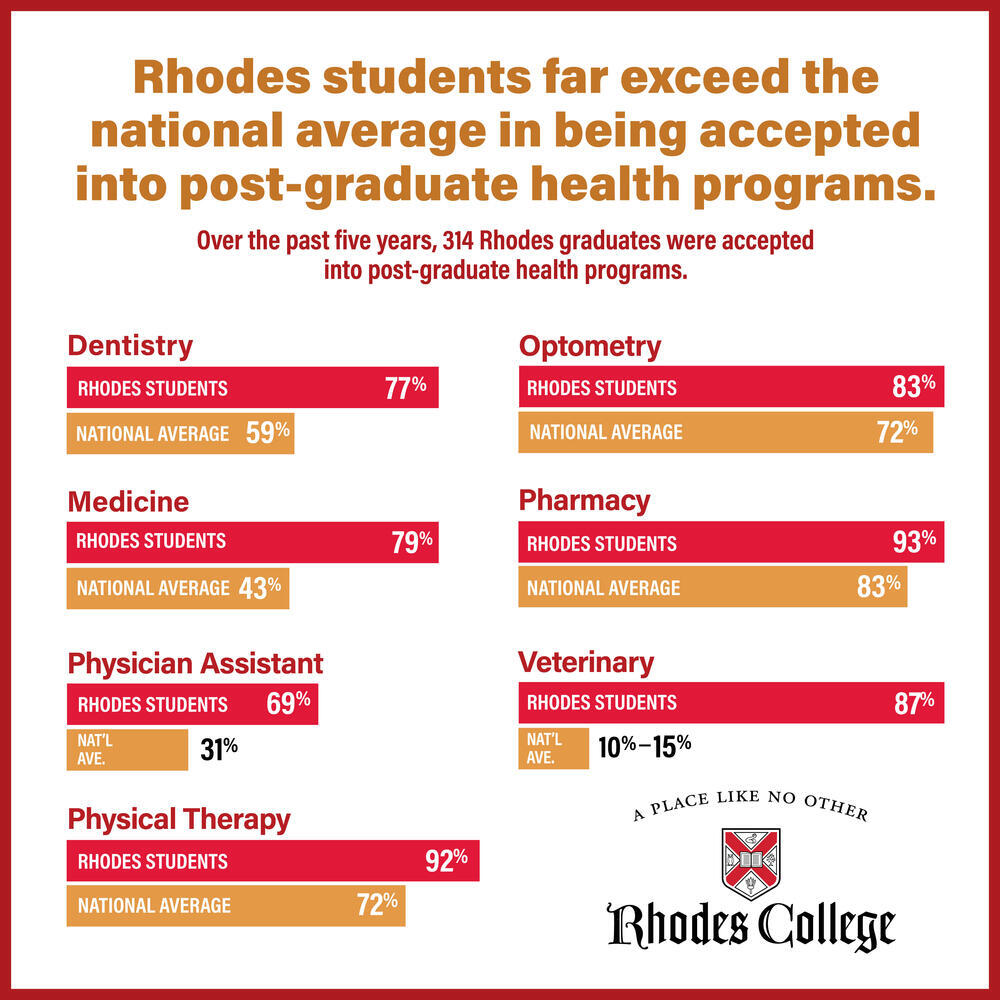Neuroscience is an interdisciplinary field of study that employs the tools and perspectives of biology, psychology, chemistry, physics, mathematics, computer science and philosophy to achieve a better understanding of brain function, behavior, and the higher order cognitive processes that we collectively refer to as mind. Whereas psychology has been traditionally defined as the scientific study of behavior and mental processes, the multidisciplinary approach of neuroscience is a comprehensive examination of the nervous system that extends from the molecular, through the cellular, to the behavioral level.
Research questions commonly studied in the field of neuroscience seek to understand the biological mechanisms for such complex phenomena as sensation and perception, learning and memory, cognition, emotion, and consciousness. In addition, neuroscientists seek to understand the organic nature of brain abnormalities that produce cognitive and affective pathologies seen in mental disorders such as schizophrenia, mania and depression, and degenerative diseases associated with aging. The tools and techniques used by the modern day neuroscientist are truly multidisciplinary in scope, involving procedures, assays and measurements taken from the fields of molecular and cellular biology, genetics, physiology, pharmacology, chemistry and biochemistry, physics, mathematics and computer modeling, behavioral and developmental psychology. The Neuroscience major at Rhodes makes it all the more apparent to students that the conventional boundaries that have often separated seemingly incompatible disciplines from one another evaporate when we are presented with new intellectual challenges.
The Neuroscience major is designed to provide students with a nuanced understanding of the methodological challenges and conceptual issues that lie at the heart of efforts to understand the function of the nervous system and its role in behavior. This program will provide students with an opportunity to explore brain function using multiple approaches from interdisciplinary perspectives and thus will prepare them to pursue postgraduate work in a variety of fields where knowledge of the brain and behavior are required. The major will also provide excellent training for future physicians, teachers, health care workers, and biotechnicians. Majors might also enter the legal profession and biotechnology-related businesses.
Students will enhance their understanding of neuroscience through course work and research experience. Course work will provide students with a thorough understanding of the biological bases of behavior, including neuroanatomy, neurophysiology and neuropharmacology. Learning may be enhanced by developing research skills in a variety of settings ranging from course laboratory experiences to independent research projects, offered at Rhodes or at off-campus locations such as St. Jude Children’s Research Hospital, Le Bonheur Children's Hospital, and the University of Tennessee Health Sciences Center.




